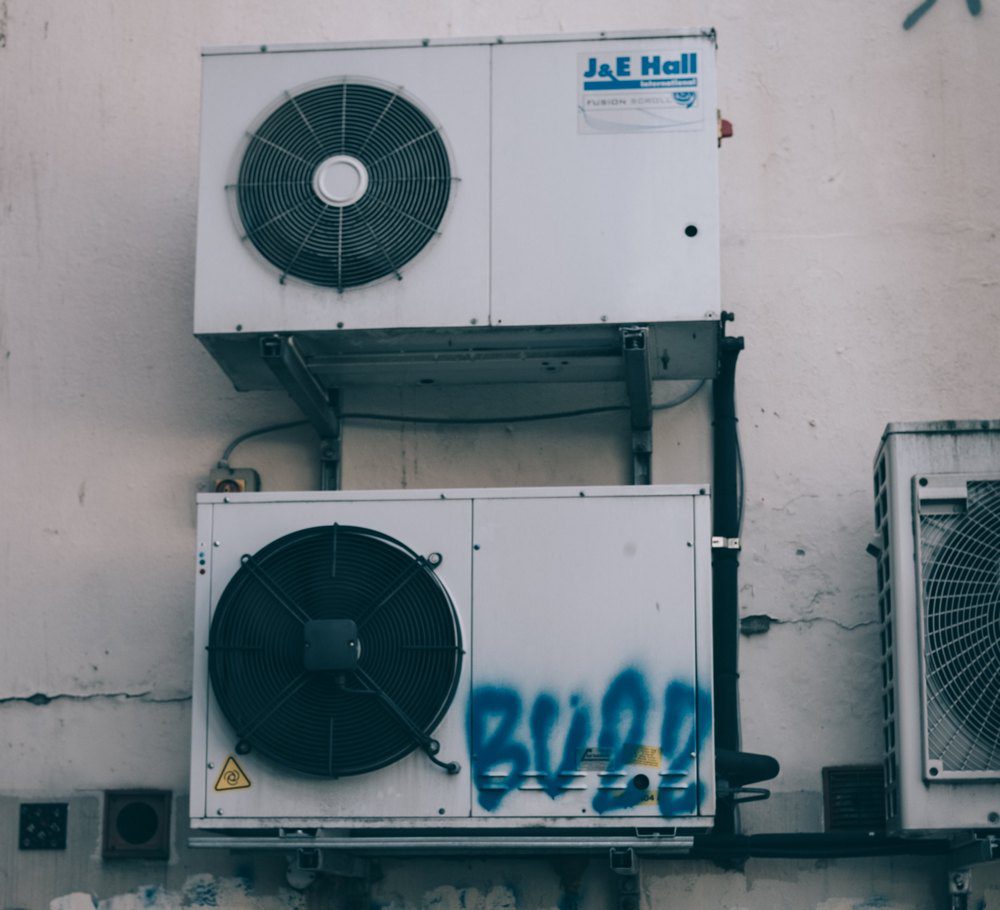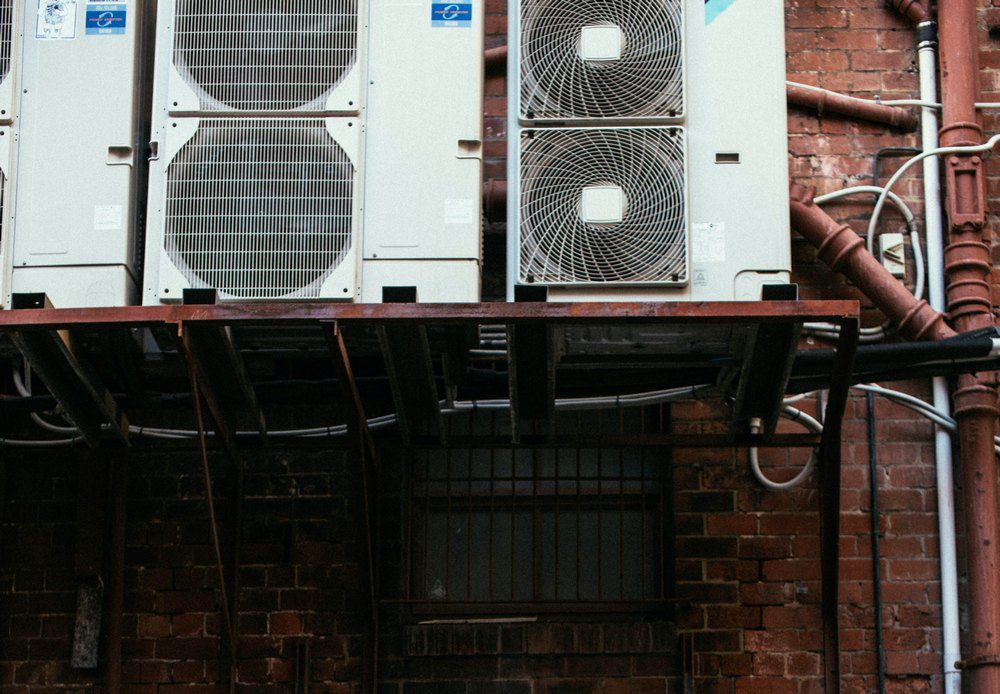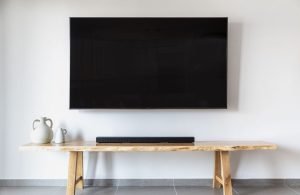Last Updated on October 30, 2025 by teamobn
Efficient and effective heating and cooling systems are important in making your home more comfortable during chilly winters and hot summers. Unfortunately, most homeowners overlook preventive maintenance tasks and only address HVAC issues when it breaks down. This approach can compromise the lifespan of your system and often leads to higher energy costs.
Regardless of your HVAC model, regular maintenance is necessary to ensure optimum performance. Changing seasons come with different heating and cooling needs in your home. To ensure your system is ready for seasonal changes, it’s important to take proactive steps to maintain the unit. Whether you have been using HVAC systems for decades or just bought a new unit, these tips can help you perform appropriate maintenance.
Contents
1. Importance of Pre-Seasonal Maintenance
A season transition means the temperatures fall and rise depending on the specific season. To ensure your house remains comfortable throughout the year, it’s important to ensure the HVAC system is heating the rooms when the weather is cold and cooling the house during the scorching summer heat. If your system is not working at its best, the transitions between hot and cold temperatures can overwhelm the system.
While most HVAC systems tend to last for many years, proper maintenance is essential for ensuring maximum lifespan. Seasonal maintenance can help avoid failures and breakdowns when you need the HVAC system. Typically, the preventive inspection can help you uncover rust, leaks, and faulty electrical connections that may trigger bigger problems that can compromise the integrity of your system.
Most importantly, a regular maintenance schedule can reduce your energy expenses by 5% to 40%, depending on the model of your HVAC appliance.
The best time to plan for HVAC system maintenance is during fall or spring before the unit starts running at full throttle. This ensures you have sufficient time to perform the repairs and make any replacements for faulty components. However, it’s prudent to use the same technician for regular maintenance due to the overlapping tasks that require additional attention.
Beyond routine HVAC maintenance, it’s also crucial to focus on preparing your home for extreme weather conditions to stay comfortable and safe during severe cold snaps or heatwaves. For comprehensive tips on this, check out our guide on preparing your home for extreme weather conditions.
2. Filter and Drainage Hole
Dirty and clogged filters can block free airflow and compromise the efficiency of your HVAC system. If you haven’t changed or cleaned your filters for some time, it is best to have them checked before the hot or cold season arrives. Ideally, filter maintenance should be scheduled at least every three months, but it is best to inspect the air filters every month to determine if there are any signs of clogging.
The HVAC manual has recommendations for the most appropriate filter to use on your specific model. However, you should go for filters with high ratings to ensure system efficiency and the best air quality. Most importantly, it is best to have several backup filters to avoid last-minute hassles when you need to change faulty filters.
The exterior part of your HVAC system has a drainage hole under the evaporator fins. The drainage hole requires regular inspection, especially when transitioning from one season to the next. To enhance the overall efficiency of your system, it’s essential to ensure the drainage hole is not blocked. Since the hole is small, you may need to use a paperclip or other suitable unclogging tools.
3. Clean Indoor and Outdoor HVAC Unit
While the HVAC unit comprises components that work from outside and withstand various weather conditions, you should protect it from extreme weather and other natural elements. Whenever the seasons change, you should inspect your AC unit and clear any debris or vegetation that may accumulate around the system.
If any vegetation is growing near the exterior unit, it’s best to ensure the plants are more than two feet from the HVAC. Typically, maintaining a clear zone means you are protecting the space near the system since it needs unrestricted airflow.
4. Thermostat Inspection
This maintenance task is essential when seeking to make your system efficient, but it is best left to HVAC experts. The thermostat determines whether your system is running or on standby, meaning proper calibration can impact your energy bills. Specifically, programmable thermostats are great tools for cost-saving, but they are more sophisticated than manual thermostats, hence the need for regular checkups.
When technicians from heating and cooling companies check your thermostat, they inspect all the electrical connections that facilitate communication between the thermostat and the HVAC system. While inspections appear simple, inexperienced individuals may not understand what to look for and how to identify faults.
You may also want to switch to a smart thermostat and automate your home, depending on your energy goals. Most modern smart thermostats give you better control over your system since you can manage the temperature controls from your smartphone. Most importantly, smart thermostats can learn your lifestyle and adjust temperatures accordingly, helping you achieve better efficiency levels.
5. HVAC System Ducts
Ducts play a critical role in an HVAC system and require regular maintenance. According to studies, the average home in the U.S. loses about 30% of controlled temperatures due to duct leaks, poor connections, and holes. While the losses can compromise the comfort of your home, they can lead to higher energy costs.
Typically, filtration technology has improved significantly over the years making residential filters more efficient. However, dust and debris can find their way into your ductwork since the system is constantly circulating air in your house. If you want to ensure the perfect air quality in your house, it’s critical to plan for a regular duct inspection. Depending on what the HVAC technician finds in your ductwork, they may recommend cleaning, sealing, cleaning, or replacing some accessories.
Schedule Professional HVAC Inspection
Regular preventive maintenance may seem like a simple task, but it’s one of the vital steps to ensure the integrity of your HVAC system. Appropriate maintenance can improve the consistency and efficiency of your equipment. While you may perform some maintenance tasks on your own, some issues are complex and often require the assistance of an experienced professional.






